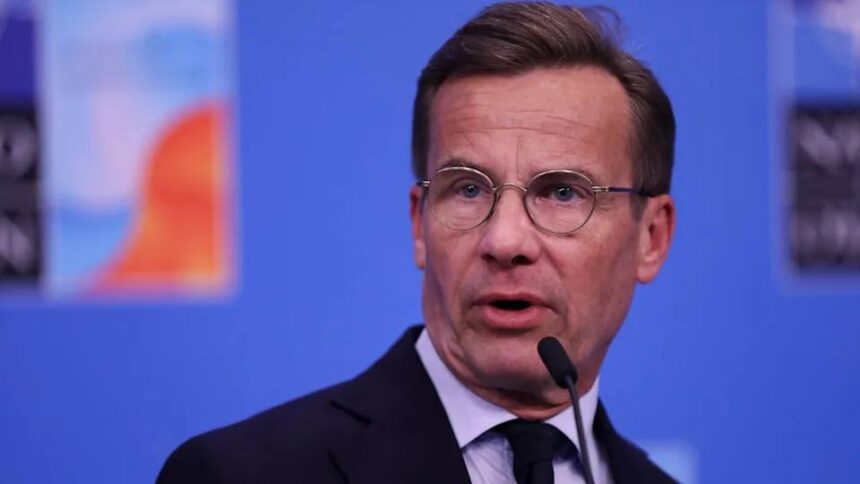Swedish Prime Minister Ulf Kristersson has sparked controversy after admitting he regularly uses artificial intelligence platforms such as ChatGPT and France’s LeChat to seek second opinions on various matters. The revelation has led to criticism from academics, media outlets, and political opponents, who warn that reliance on AI could undermine the depth and accountability of government decision-making.
Kristersson clarified that although he frequently uses AI tools, he refrains from entering sensitive or classified information into these systems. He suggested that platforms like ChatGPT serve as useful resources for alternative viewpoints or quick answers, but not as substitutes for critical discussions on national or confidential issues.
However, critics argue that AI lacks the political judgement required to make informed policy decisions. Some experts and editorial writers have described the trend as an “overreliance” on technology, with one commentary even referring to it as AI-driven “psychosis.” The backlash highlights concerns about the increasing integration of AI tools into high-level governmental processes, raising questions about transparency, accountability, and the influence of technology on policymaking.
As Sweden debates the appropriate role of artificial intelligence in government, the Prime Minister’s comments have ignited a broader discussion about how leaders should engage with emerging technologies without compromising democratic principles or public trust.











